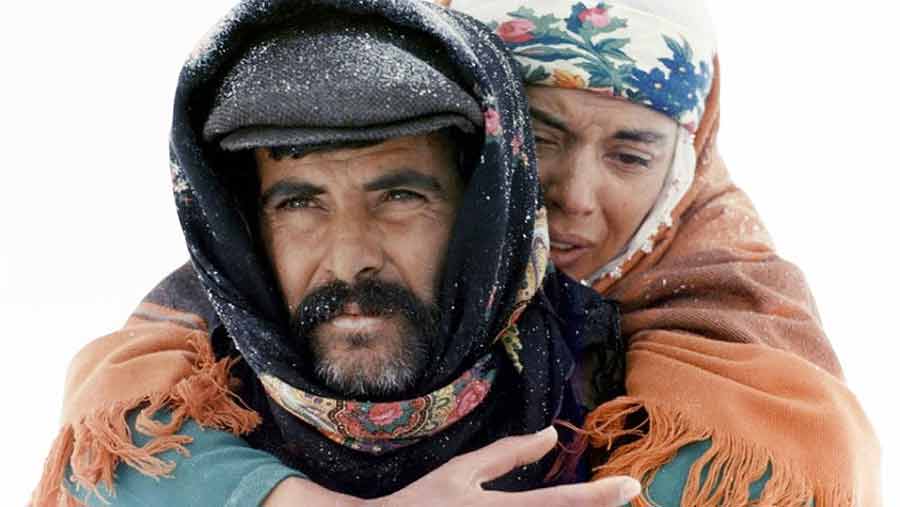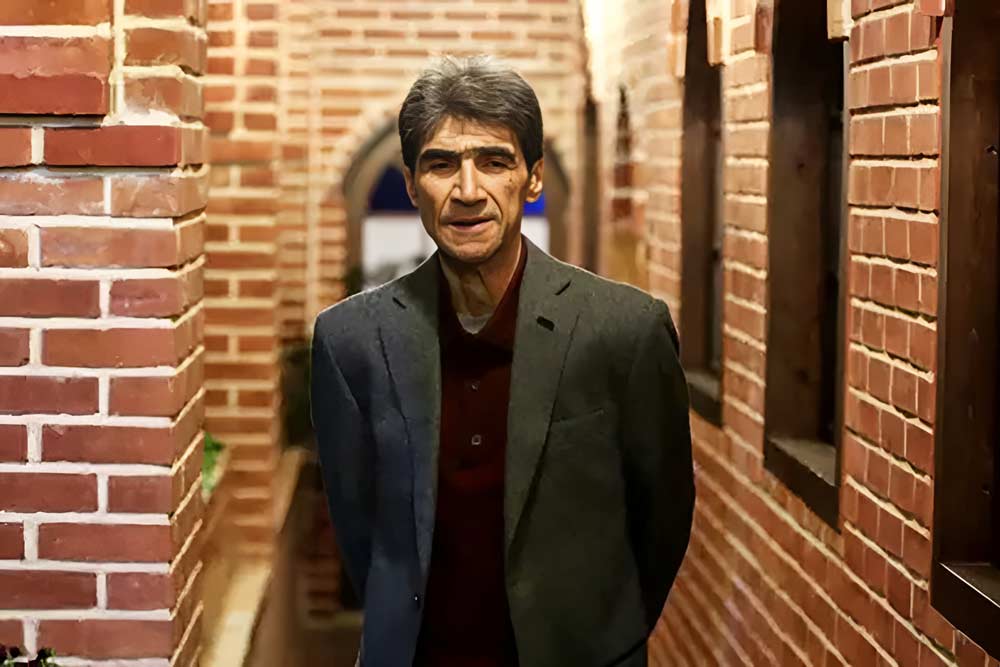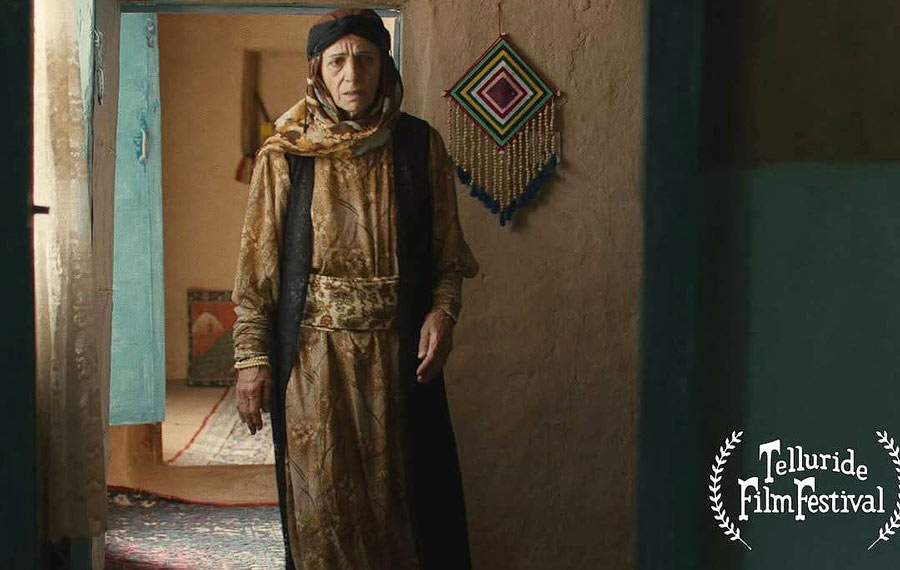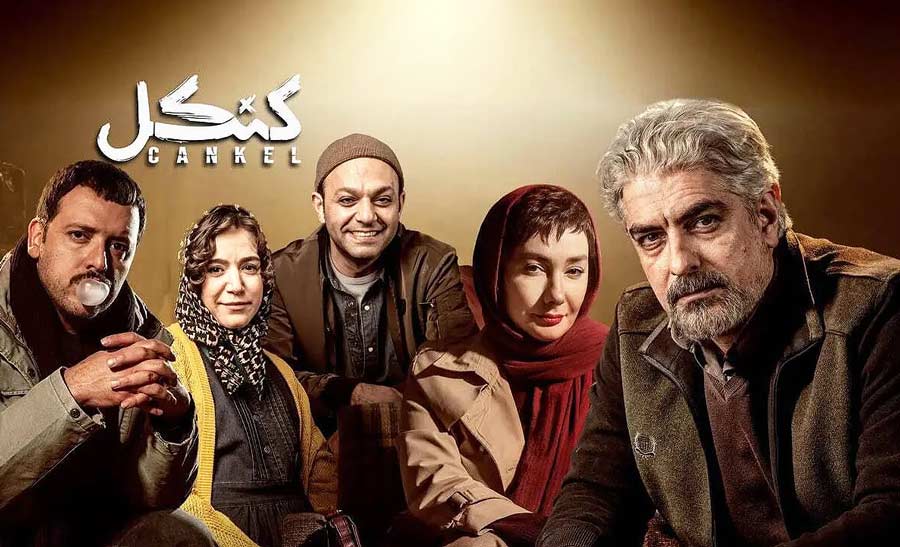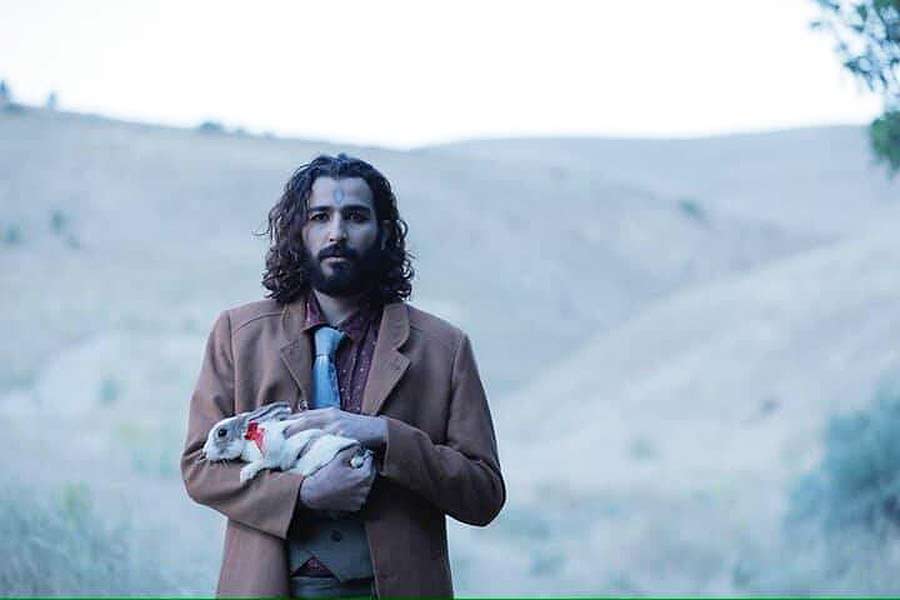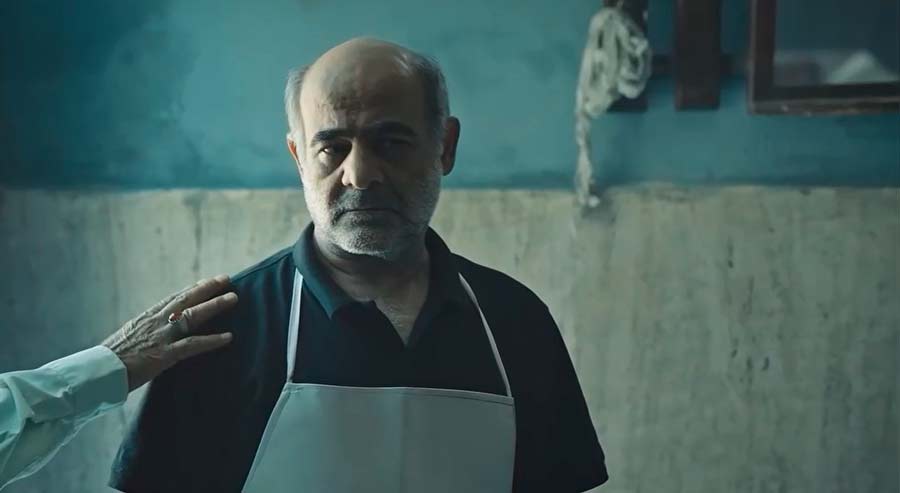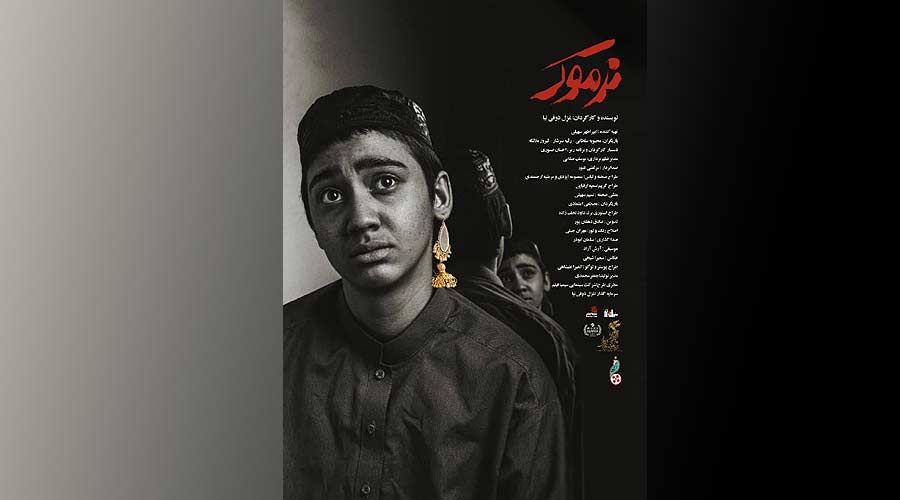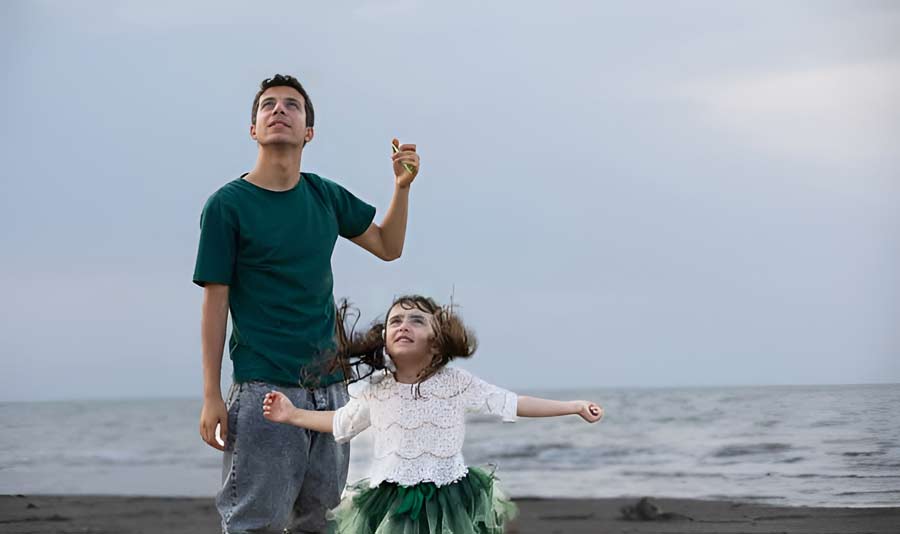Review of The Old Bachelor movie, by Oktay Baraheni
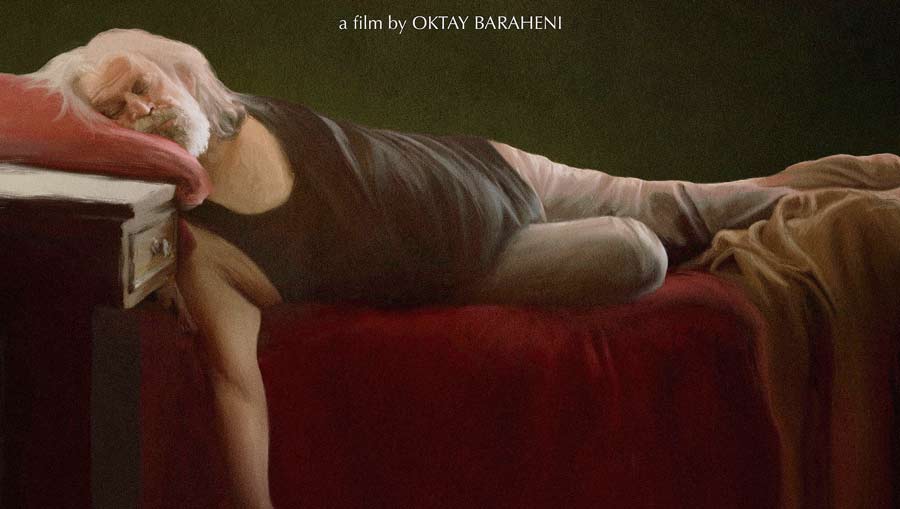
Robert Safarian* – The problem with the characterization of Alyosha here and now / There is no doubt that the ace of The Old Bachelor is Hassan Pourshirazi’s astonishing performance in the role of the inherently evil father of two young boys, with a history of abusing and murdering the mother of one of these boys, indifferent to the future and the wishes of his children, a womanizer, corrupt, and… in short, the devil incarnate.
Someone who is not only unafraid of evil, corruption, and wickedness, but also has a theory about it and thinks that the world is evil and that people are inherently all evil, and if someone is not evil, it is because they cannot, they are incompetent, and otherwise they would be no different from others.
A character who is clearly an adaptation of the character of the father of The Brothers Karamazovs, especially when both he and one of his sons (Ali) fall in love with the same woman.
Of course, the film is not limited to The Brothers Karamazov in other matters, such as the fact that in Dostoevsky’s novel the father is murdered in the middle of the story and other issues that are not mentioned in the film at all. However, there is no doubt that the writer and director of the film; Oktay Baraheni, is strongly influenced and interested in 19th century Russian literature and Dostoevsky in particular, as his previous film The Bridge of Sleep was also an adaptation of Dostoevsky’s Crime and Punishment.
However, adapting literary works or aspects of literary works from other cultures and times and transferring narrative situations from other eras and geographies is very difficult, if not impossible.
If the evil of the father (Gholam) is largely believable and good, which is both due to his characterization in the script and because of Pourshirazi’s performance; The characterization of Ali, the older brother, who is the good or good character of the story and clearly reminds us of Karamazov’s younger brother Alyosha, as well as Prince Myshkin, the hero of the novel The Idiot, is problematic and has led to the creation of a character who is weak and, as the father says, more inept, while those characters, while embodying goodness, represent good against evil. Although they may feel weak and lonely at times, they are strong in their goodness, and this strength comes from their religious and Christian beliefs.
Transferring this culture and religious belief of Dostoevsky’s Christianity (belief in salvation through suffering, etc.) to the current conditions here and now is of course not possible. Oktay Baraheni also seems to have been aware of this issue and at one point in the film, in a conversation, when Ali’s younger brother says to him, “Don’t be like that, you are one of those who think that if they hit you on one side of the face, you should turn your face to them and hit them on the other side too” (a reference to the words of Jesus Christ on the same subject), Ali denies it and…
Ali, is not fundamentally motivated by religion, but he believes in a healthy and good life, in a spiritual and cultural life, he is a book reader and a debater. Ultimately, the sum of his behavior and, I think, Hamed Behdad’s weak acting, which is largely due to the uncertainty of Ali’s characterization, has made him a character who is more incapable and therefore lacks charm and is unable to compete with his father’s character.
The character of the little brother is, on the whole, undecided and somewhat redundant. His presence or absence plays no role in the advancement of the narrative or in the symbolic and thematic architecture of the film. I can’t say much more. That ambiguous story in the past and whether this slave is his father or someone else are not very open and do not have a place in deepening the philosophical theme of the film. I will talk about the length of the film below, but I will say right now that the scene in the cobwebbed barbershop and the dialogues about the boy’s past could have been omitted altogether so that the confrontation of good and evil between the slave and Ali would have been more prominent.
The character of Rana (Leila Hatami), whom both father and son love, is more interesting, although it has little to do with Dostoevsky’s time, and perhaps for that very reason. There was room for more work on it. She is a woman who, due to her living conditions and under the influence of the material culture that dominates society, participates in this culture and its dirty aspects (for example, accepting Ghulam’s favor in renting an apartment for a tenth of the daily price and his expectations), but at the same time falls in love with Ali, who has nothing. She is more gray, and she is a very innocent victim. She is more realistic, while Ghulam and Ali are more symbolic and philosophical in Dostoevsky’s way, each is supposed to represent a concept.
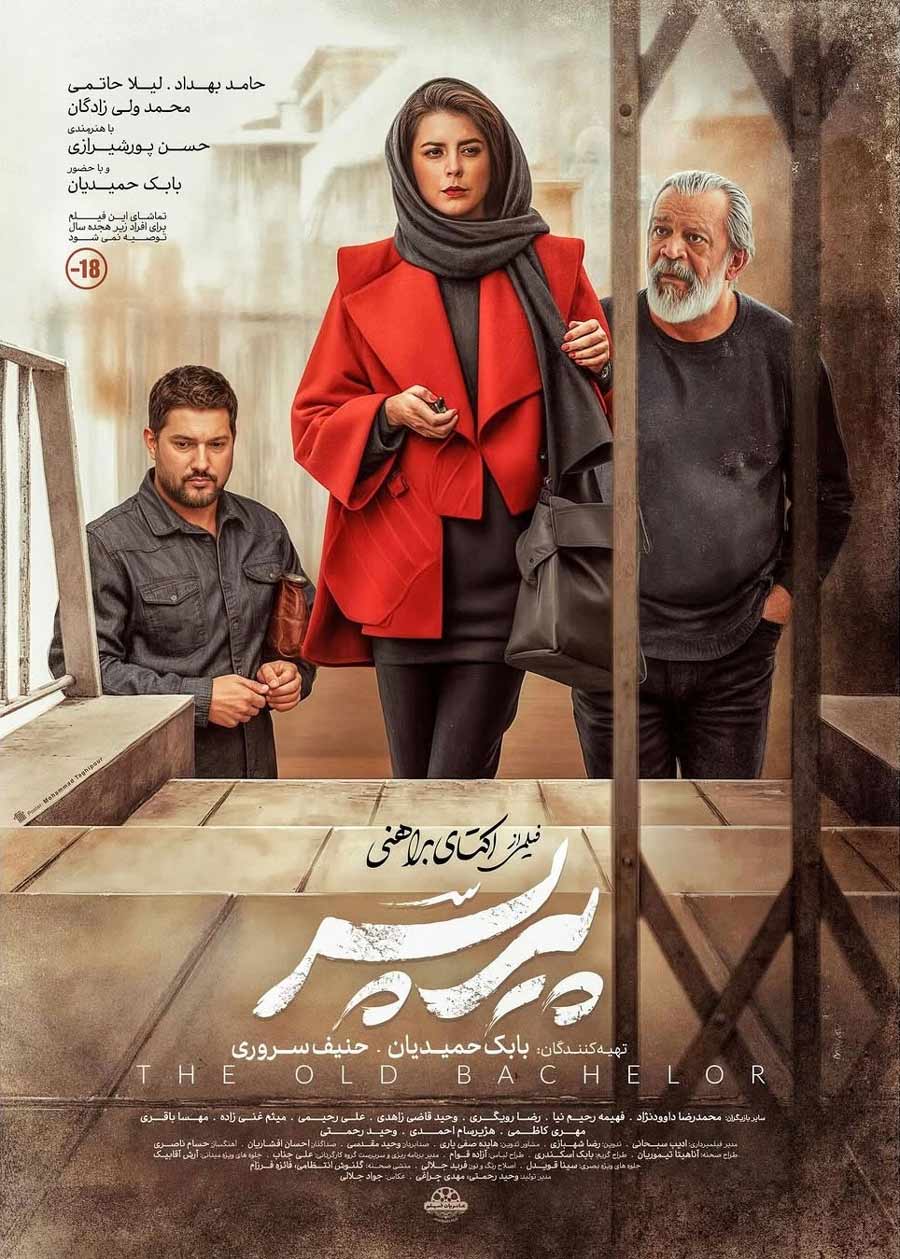
There are also questions about the believability of the film’s narrative plot (the causal relationship of events) and the necessity of some scenes and dialogues from the perspective of the dynamic advancement of events, some of which I will mention:
– As I said, I think the scene of the cobwebbed hair salon that apparently belonged to the younger brother Reza’s mother (this is how it is inferred) and the things he does there, also weakens the main theme at that point in the film, distracts the viewer from the straightforward course of the narrative, and raises the issue of sexual orientation or issues of this kind; these scenes can be deleted altogether.
– Another question: How did the brothers not know about the existence of such a room in the house and not be curious about what was in that room?
– The party or night gathering scene that Rana Ali takes there is long. Its words, as the film critic calls it, and Rana’s relationship with people, etc., are ambiguous.
– The scene of Pourshirazi and his friends dancing in the juice shop is long.
[Explanation of the obvious: Length is, of course, a subjective criterion. Some people think that these scenes may not be long. Naturally, the reader can agree with some of these sentences and disagree with others.]
– When Rana returns Ghulam’s money, why does she first say that she left the money in the bank, and why does she get into Ghulam’s car at all? Why doesn’t she give him the money through the car window?
– When the brothers decide to lock the doors on their father, why do they stay inside the house?
Wouldn’t it have been more logical to lock him up alone in the house, or even in a part of the house? Their illogical action is clearly to provide the basis for the long sequence of the brothers and their father’s conflict in the house, which is also very long, especially the parts related to the father’s hints that Reza is not his son at all. No way! Reza should be happy about this! He himself says the later, the better that he is not someone’s son. But at the moment of revealing this “secret”, why is Reza so agitated and why does Ali constantly want to deny something?
Of course, there are more subtle points, but this is enough to show that the film could have been shorter, two hours, a little more or less.
I did not say anything about the good direction of Oktay Baraheni, who is able to captivate the viewer in these three and a half hours – perhaps because it is the old man of the “acclaimed film of the festival” – and I focused more on its weaknesses.
In conclusion, I consider it necessary to warn once again about the difficulty of adapting famous literary figures from other cultures and historical periods and transferring them to the present and here, because Oktay Baraheni, given his interest in Russian literature and Dostoevsky, may turn to them in the future.
The Old Bachelor movie Bio:
Writer and Director: Oktay Baraheni
Cast: Hassan Pourshirazi (Gholam, Father), Hamed Behdad (Ali, Older Brother), Leila Forouhar (Rana), Mohammad Valizadegan (Younger Brother), Mohammad Reza Davoudnejad (Ghamkhar, Gholam’s Friend, and Owner of the Juice Bar)
Producer: Babak Hamidian, Hanif Sarvari
Investor: Arsalan Baraheni
Music: Hessam Nasseri
Cinematographer: Adib Sobhani
Editor: Reza Shahbazi
Distribution: Amerian Film
Running time: 190 minutes
*Writer and Film Critic


